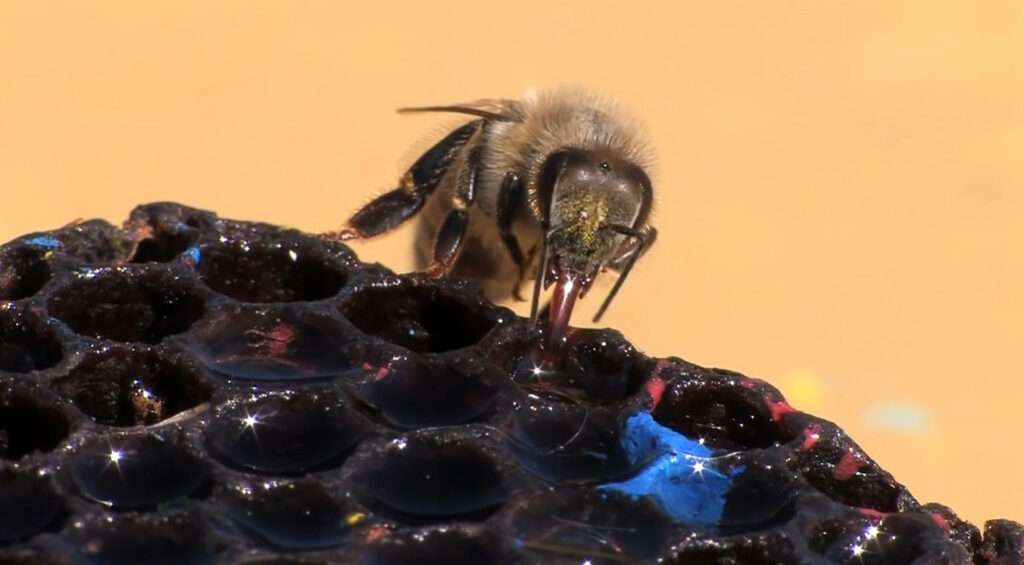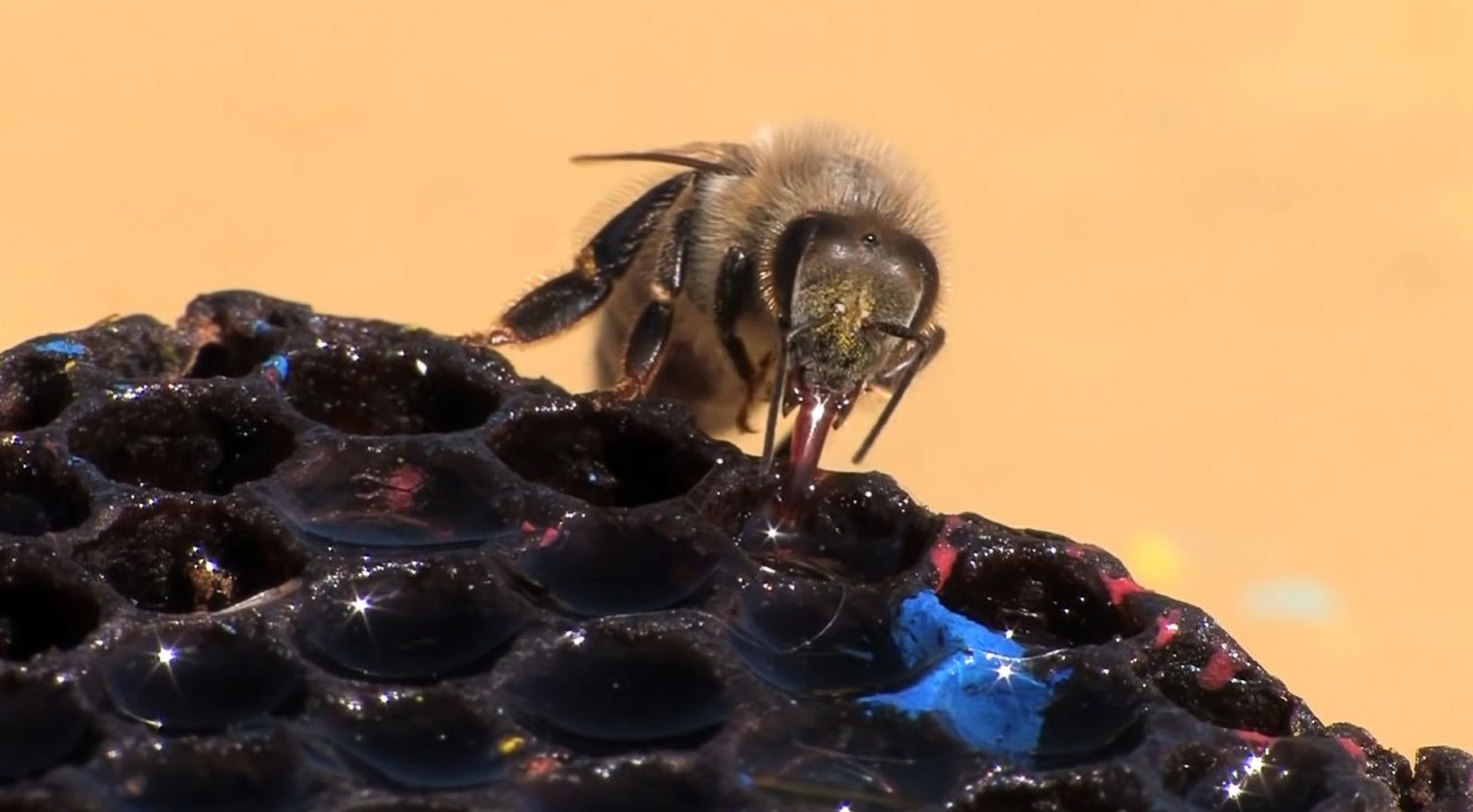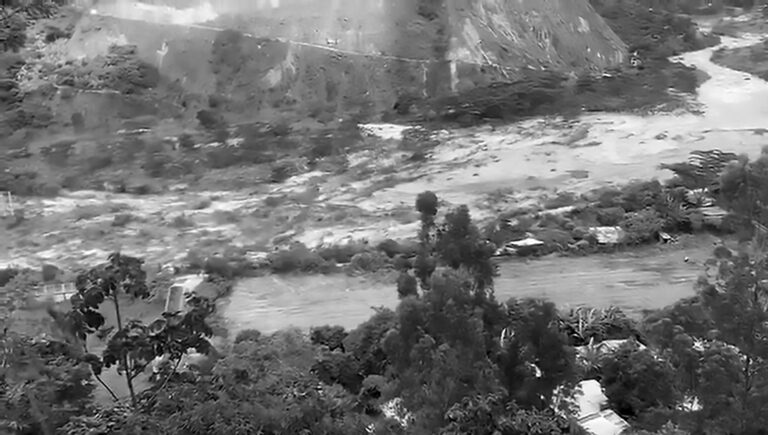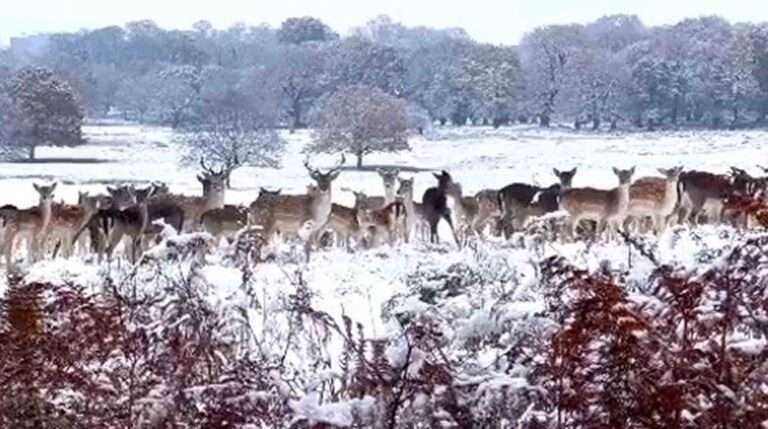Environmentalists have made an urgent appeal to protect wild bees after discovering that their numbers have plunged by up to 80 per cent.
Britta Raabe from NABU – one of Germany’s leading environment groups- has revealed that wild bee populations decreased between 60 and 80 per cent in the past three to four years.
Both species variety and population numbers have fallen sharply in the northern state of Lower Saxony, she said.
Raabe underlined that bees are important pollinators.
She said: “We would be left without food if there were no bees.”
Raabe – who heads the NABU’s Weserbergland branch – explained that several plants such as rapeseed but also fruit trees depend on wild bees’ pollination.

Solitary bees such as leafcutter bees, sweat bees and mason bees are commonly referred to as wild bees.
They normally do not produce beeswax or honey but pollinate numerous flowers and plants.
All of Germany’s 550 wild bee species are listed as protected by the country’s conservation of nature regulations.
Around half of them are currently ‘endangered’ or ‘seriously threatened by extinction.’
Raabe said wild bees would find it increasingly difficult to detect appropriate nesting spots.
She criticised the intensified building activity while the number of flower strips on agricultural estates is declining.
The NABU campaigner warned: “Some species die after just a few weeks because of their incapability of finding food.
“There’s nothing for them on neatly trimmed meadows, leafless flowerbeds and gravel patches.”
While some wild bee species are digging nests in a variety of soil conditions, others are setting them up in the hollow twigs of trees.
Deadwood, unmowed grasslands and lignified stalks offer excellent nesting opportunities for wild bees, according to biologist Sabine Schoder from the Natural History Museum (NHM) in the Austrian capital, Vienna.
Individuals, companies, lawmakers and organisations across Europe have installed oak-shingled nesting spots – often nicknamed ‘bee hotels’ – to save local wild bee populations.
To find out more about the author, editor or agency that supplied this story – please click below.
Story By: Thomas Hochwarter, Sub-Editor: Marija Stojkoska, Agency: Newsflash
The Ananova page is created by and dedicated to professional, independent freelance journalists. It is a place for us to showcase our work. When our news is sold to our media partners, we will include the link here.




